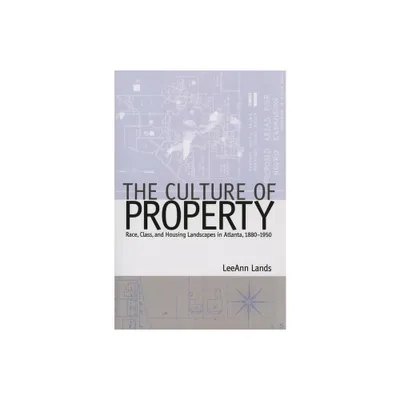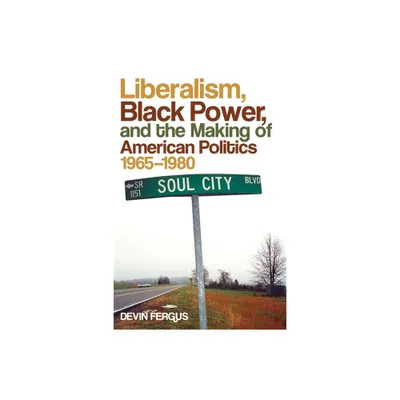Home
Resistance and Recognition at Kitigan Zibi: Algonquin Culture Politics the Twentieth Century
Loading Inventory...
Barnes and Noble
Resistance and Recognition at Kitigan Zibi: Algonquin Culture Politics the Twentieth Century
Current price: $99.00


Barnes and Noble
Resistance and Recognition at Kitigan Zibi: Algonquin Culture Politics the Twentieth Century
Current price: $99.00
Loading Inventory...
Size: Hardcover
*Product Information may vary - to confirm product availability, pricing, and additional information please contact Barnes and Noble
How one Indigenous tribe in Canada fought to preserve their culture and way of life in the face of colonization and treaty law.
Resistance and Recognition at Kitigan Zibi
tells the modern history of Kitigan Zibi, the largest and oldest Algonquin reserve in Canada. This local history sheds light on the larger experience of the Algonquin First Nations whose traditional lands span the Ottawa River watershed and cross contemporary boundaries.
Drawing on archival sources and interviews with community members, this work elucidates the relationship between culture and politics on Kitigan Zibi during the twentieth century. Despite the disruptions of settler colonialism, the Algonquin people have maintained a distinct identity and have waged a multifaceted struggle against assimilation and economic marginalization. This struggle has played out in political spaces including border-crossing celebrations, grand councils, and courtrooms. This fight has also informed strategic labor choices, interactions with game wardens, and protests against the Catholic Church.
demonstrates that the contest over the recognition of treaty rights and traditional lands is longer, broader, and deeper than previously understood.
Resistance and Recognition at Kitigan Zibi
tells the modern history of Kitigan Zibi, the largest and oldest Algonquin reserve in Canada. This local history sheds light on the larger experience of the Algonquin First Nations whose traditional lands span the Ottawa River watershed and cross contemporary boundaries.
Drawing on archival sources and interviews with community members, this work elucidates the relationship between culture and politics on Kitigan Zibi during the twentieth century. Despite the disruptions of settler colonialism, the Algonquin people have maintained a distinct identity and have waged a multifaceted struggle against assimilation and economic marginalization. This struggle has played out in political spaces including border-crossing celebrations, grand councils, and courtrooms. This fight has also informed strategic labor choices, interactions with game wardens, and protests against the Catholic Church.
demonstrates that the contest over the recognition of treaty rights and traditional lands is longer, broader, and deeper than previously understood.


















